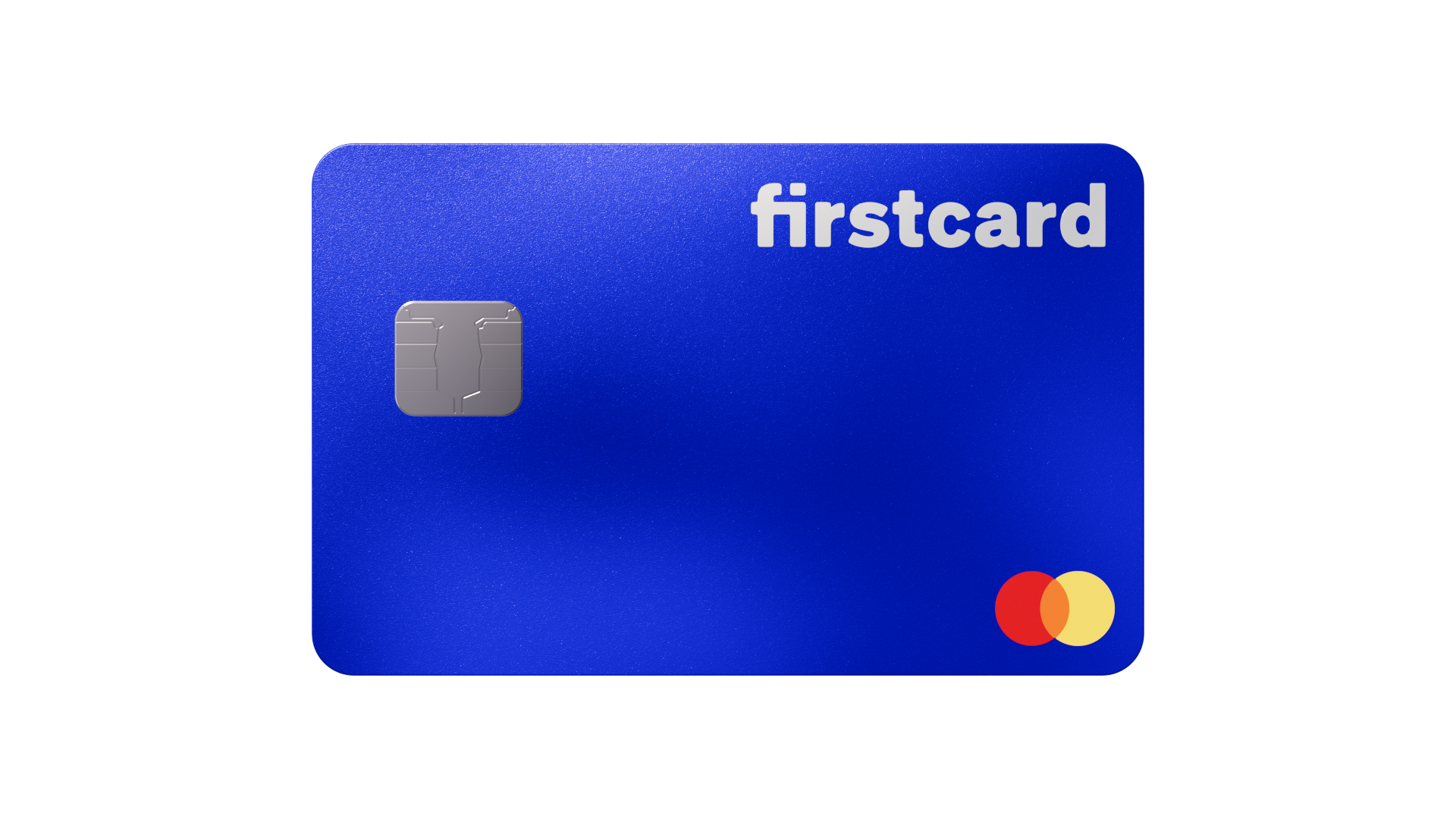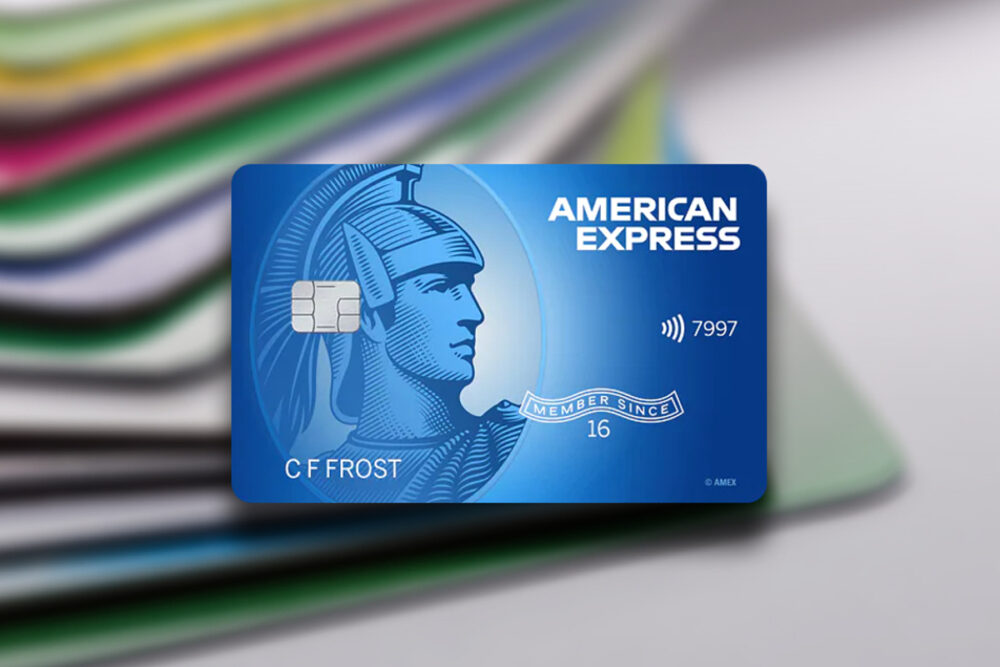The pros and cons of accumulating miles with credit cards

The Mechanics of Miles Accumulation Through Credit Cards
For many consumers, the act of spending no longer just serves the purpose of acquiring goods and services; it also paves the way for potential rewards in the form of travel miles. Accumulating miles with credit cards allows users to transform everyday expenses into future travel experiences. Understanding how this system works can empower cardholders to make the most of their spending.
Key Benefits of Earning Miles
When you start accumulating miles, the advantages quickly become apparent. Here are some of the most enticing benefits:
- Travel rewards: Perhaps the most attractive incentive is the ability to redeem miles for free or discounted travel. For instance, many cardholders use miles to book flights for family vacations or business trips. An airline credit card may allow you to secure round-trip tickets to Europe for a fraction of the cash price.
- Sign-up bonuses: Credit card issuers often provide a significant sign-up bonus for new cardholders who spend a certain amount within the first few months. For example, spending $3,000 in your first three months may net you 50,000 miles—enough for a free domestic flight. These bonuses can considerably accelerate your travel ambitions.
- Flexible redemption options: In addition to flights, miles can often be redeemed for hotel stays, car rentals, and even experiences like concert tickets or vacation packages. This versatility allows cardholders to choose rewards that fit their lifestyle and travel needs.
Potential Drawbacks to Consider
While the prospect of accumulating travel miles is appealing, it is crucial to approach it with caution. Here are some potential drawbacks:
- High interest rates: One of the most common pitfalls is incurring high interest rates on unpaid credit card balances. If you carry a balance, the cost of the interest could easily surpass the value of the miles earned, leading you into a cycle of debt rather than a journey.
- Annual fees: Some credit cards come with significant annual fees, which can offset the benefits of the rewards program. Before applying for a card, it’s wise to review the costs versus the benefits; for example, a card with a $95 annual fee may not be worthwhile if you only earn enough miles for one cheap flight.
- Limited partnerships: Not all airlines or hotels partner with every credit card issuer. This restriction can limit your options when redeeming your miles, especially if you have a preferred airline or hotel chain. Always check the program’s partnerships to ensure you’ll have access to the rewards you desire.
By thoroughly understanding both the rewards and the potential pitfalls of miles accumulation, consumers can make informed decisions that align with their financial habits and travel goals. Whether you are a frequent traveler or someone looking to explore new destinations, utilizing credit cards wisely can unlock a world of benefits, provided you remain mindful of their associated risks.
DON’T MISS OUT: Click here to learn how to apply online
Understanding the Benefits and Risks of Mileage Rewards
As enticing as accumulating miles with credit cards may sound, prospective cardholders should consider both the benefits and risks involved. This balance can help travelers maximize their rewards without falling into common traps that come along with these financial strategies. Let’s delve deeper into what you should keep in mind when thinking about miles accumulation.
The Advantages of Earning Travel Miles
There’s no doubt that accumulating miles can enhance your travel experience. Here are some key advantages to keep in mind:
- Enhanced travel experiences: Accumulating miles can significantly reduce travel costs, enabling you to visit destinations that may have been previously out of reach. By redeeming miles, you can enjoy first-class seating, which might usually be far beyond your budget, allowing you to experience luxury for less.
- Shopping perks: Many travel credit cards also offer additional rewards for other types of spending like shopping or dining. This means you earn miles not just when traveling but also through daily purchases. For instance, if your card offers 3 miles per dollar spent on dining, treating yourself to dinner can also bring you closer to your next vacation.
- Access to exclusive offers: Some credit cards provide cardholders with exclusive access to promotions, lounge access, and other perks that can enhance your travel experience. For instance, certain cards grant access to airport lounges, making your journey more comfortable when you have a long layover.
It’s Not All Sunshine: Potential Cons of Miles Accumulation
While the motive of earning free travel is understandably appealing, accumulating miles has its downsides that require thoughtful consideration:
- Unrealistic spending habits: In the pursuit of earning miles, some individuals may overspend on non-essential items, believing they are somehow “earning” their way to a free ticket. This behavior often leads to increased debt and financial strain instead of savings.
- Expiration of miles: Many rewards programs have expiration dates for miles, leading to a loss of hard-earned rewards if not used in a timely manner. For example, some airlines may require you to use your earned miles within a set period, or you risk losing them entirely due to inactivity.
- Complex redemption processes: Obtaining the rewards you’ve earned can sometimes be confusing. Different airlines and hotels have varying rules about how and when miles can be redeemed, which can lead to frustration when trying to book a vacation.
In summary, while accumulating travel miles through credit cards opens doors to exciting opportunities, potential cardholders should approach this practice with a clear understanding of both the benefits and drawbacks. Careful management and mindful spending can turn every purchase into a step toward your next adventure, as long as the risks associated with credit use are kept in check.
DISCOVER MORE: Click here for a step-by-step guide
Maximizing Your Mileage: Strategies and Considerations
It’s essential to understand that accumulating miles with credit cards can be an advantageous endeavor, provided you approach it with a strategic mindset. Key strategies not only help you optimize the rewards but also minimize the pitfalls. Recognizing how to navigate the miles game can significantly enhance the benefits and ensure that you don’t face unexpected challenges along the way.
Effective Strategies for Collected Miles
To truly benefit from mileage rewards, cardholders can incorporate certain strategies into their financial habits:
- Leverage signup bonuses: Many travel credit cards offer substantial signup bonuses, often giving you thousands of miles after you meet a certain spending requirement within the first few months. For example, a card might offer 50,000 miles if you spend $3,000 in the first three months. This can be a great way to quickly boost your mileage balance, so consider applying for a card just before an anticipated large purchase.
- Utilize complementary rewards programs: Connect your credit card to airline loyalty programs, hotel rewards, or shopping portals. Many airlines allow you to link your card and include everyday purchases, which can lead to even more miles. For instance, if you shop through a hotel partner’s online portal, you could earn extra miles in addition to the regular rewards provided by your credit card.
- Monitor your mileage balance: Keep track of your miles, their expiration dates, and when you can redeem them. Some credit card issuer platforms allow you to manage your miles easily and alert you when they are close to expiring. You might discover opportunities to use your miles effectively before they vanish or even notice ways to extend their validity through certain activities.
Common Pitfalls to Avoid
While there are great strategies to maximize miles, it’s equally important to be aware of pitfalls that can hinder your efforts:
- Ignoring annual fees: Many travel credit cards come with annual fees that can be quite hefty. It’s critical to evaluate if the rewards and perks outweigh the costs. If you do not travel often or if the benefits you can redeem do not meet the fee, you may find the card isn’t worth keeping.
- Falling into the debt trap: Carrying a balance on your credit card can negate the benefits of earning miles. Interest rates on credit cards often far exceed the value of the rewards earned. For example, if you earn 2% back in miles but your credit card has a 20% interest rate, you’re losing money over time by not paying off the balance each month.
- Overvaluing miles: It’s tempting to focus solely on accumulating miles without understanding the true value of what they offer. Not all miles are equal; the redemption value can vary drastically depending on how and when you redeem them. Always calculate the value of the miles versus the cash price of the ticket to ensure you are making a wise financial choice.
By applying these strategies and remaining aware of potential pitfalls, cardholders can navigate the world of mileage rewards with confidence. The ability to see how each transaction can translate into travel experiences is a powerful motivator, as long as it is balanced with sound financial practices and a thorough understanding of the rewards landscape.
DISCOVER MORE: Click here for details on applying for the Emirates Skywards Premium World Elite Mastercard
Conclusion
In summary, accumulating miles with credit cards can provide an excellent gateway to unraveling exciting travel opportunities and rewards, but it is not without its challenges. The pros include the ability to earn significant mileage through well-structured programs, beneficial sign-up bonuses, and access to exclusive travel perks. For instance, many travel rewards cards offer substantial bonuses for new cardholders who spend a certain amount within the first few months of account opening. This can translate to several hundred dollars worth of free travel if used wisely. Additionally, advantages like complimentary travel insurance, priority boarding, and access to airport lounges can significantly enhance your travel experience, making it both enjoyable and comfortable.
However, the cons cannot be overlooked. Cardholders must be vigilant about annual fees, which can range from a modest $50 to upwards of $500 on premium cards, and the risk of accruing debt due to high-interest rates if balances are not paid in full. It’s also essential to understand the true value of your miles since not all airlines value their miles equally. For example, United Airlines miles might provide excellent redemption value for certain international flights, while low-cost carriers may not. Without a strategic plan in place, the allure of accumulating miles can lead to financial missteps, potentially negating any advantages offered.
Ultimately, navigating the world of travel rewards requires a balance between maximization and caution. By aligning your usage of credit cards with your personal financial habits and travel goals, you can enjoy the benefits while mitigating the risks associated with credit. Keeping track of important dates, such as when annual fees are due and when sign-up bonuses need to be claimed, is vital for maintaining a good standing with creditors. Staying informed about changes in rewards programs and periodically evaluating your strategies will empower you to make the most out of your mileage accumulation journey. So, embrace this opportunity to explore new horizons, but always do so with a clear understanding of your financial landscape.


